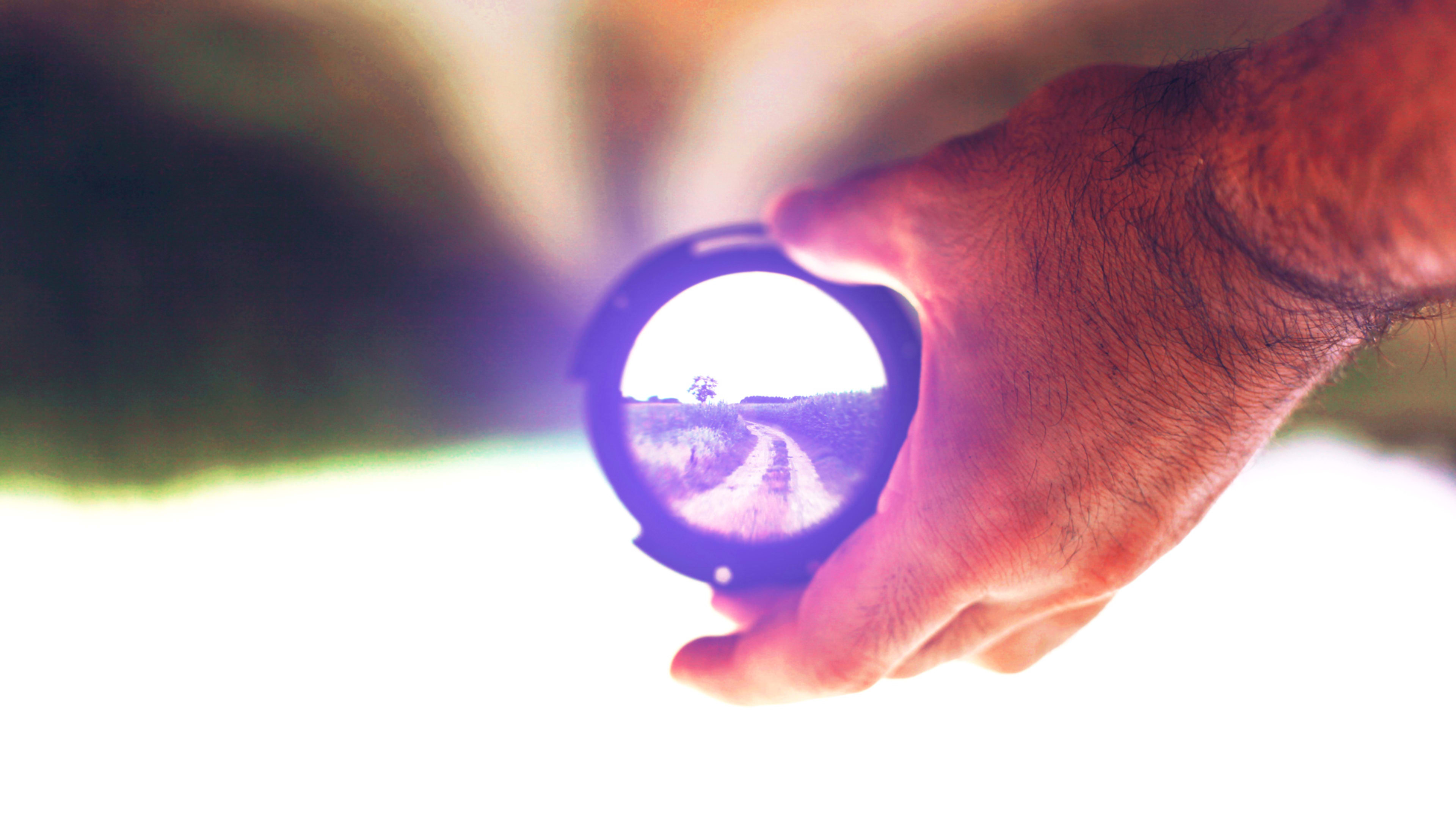It’s been roughly a year since many workers were sent home “for a couple of weeks” because the pandemic was beginning to ravage the country. Overnight, millions of people had to learn how to work remotely—if they were lucky enough to keep their jobs. And even with vaccines offering the promise of some measure of “normal” in coming months, the past year has been exhausting. But the work still has to get done.
Ideally, comprehensive self-care—good nutrition, exercise, sleep, meditation, and the like—helps us stay sharp. But even when those things aren’t possible, there comes a time when you just need to concentrate, regardless of the circumstances. Here are five things you can do to help you buckle down and start getting things done:
Purge distractions
Take a few moments to reduce distractions in your environment to minimize their impact, says neuroscientist Alicia Walf, a senior lecturer at Rensselaer Polytechnic Institute. Are there things in your environment that are draining your attention? Address them. “Whether it’s your phone, or even maybe if you have a window open and you’re looking outside, and that’s focusing on your work, to try to reduce those things also in your environment,” she says. Turn off notifications. If you can, move to a less distracting area to work. And if there are things that are pulling your attention away that can be resolved quickly, like throwing a load of laundry in the dryer, you may be better off just doing them so you can regain your focus, she says.
But sometimes a diversion may be exactly what you need. A 2011 study published in the journal Cognition found that even brief diversions can help us return to a task with a renewed sense of focus. So, if going for a walk or watching a few funny videos on TikTok will help you focus, then make time for those diversions.
Narrow the scope
Being overwhelmed can make it difficult to focus, says organizational psychologist Katy Caselli, founder and president of Building Giants, a workforce development training firm. So, if you’re having trouble focusing, break down your task into steps and tackle them one by one. And stop trying to multitask, she says. “Overall, when we switch from one thing to another, what’s actually happening is that to compensate, we’re working faster, which causes more stress, more frustration, and more time pressure,” she says. Work on one manageable task at a time and you may find it easier to focus, she says.
Define your “champagne moments”
Keeping in mind the overall goal you’re trying to reach can motivate you to focus. Brain performance expert Jim Kwik, author of Limitless: Upgrade Your Brain, Learn Anything Faster, and Unlock Your Exceptional Life, says to start with clear outcomes. Kwik’s colleague Clay Hebert calls them “champagne moments.”
An example: “If you’re going to compete in sports, you know, when you’re going to crack open the champagne and celebrate because there’s a clear outcome there,” Kwik says. Think about what a successful outcome looks like. What will that feel like? Why is it important? What will happen if you don’t complete it successfully? Reconnect with your feelings about doing your best work and what that will mean. Getting emotionally engaged with finishing the project can give you the shift in energy and the reminder about priorities you need in order to focus.
Take a brain break
Some people take breaks. Kwik recommends a “brain break,” which includes three things:
- Move: Move your body, “because as your body moves your brain grooves, which gives you energy, great brain-derived neurotrophic factors, which is like fertilizer for your brain,” he says.
- Hydrate: “Just staying hydrated boosts your reaction time and thinking speed upwards of 15 to 30%. Your brain is mostly water,” he says.
- Breathe: Yes, do some deep breathing. But also sit up straighter. “A lot of times people can’t maintain their energy to get the things they need to done, because their posture is so bad, and the lower third of your lungs absorbs two-thirds of the oxygen,” he says.
Work in sprints
When you’re in tune with the times of day that your energy peaks, you can use those spikes to your advantage. When you’re in a high-energy time, working in short bursts can help you enhance your focus. Try the Pomodoro Technique, during which you set a timer for 25-minute intervals with 5-minute breaks. During the 25-minute intervals, challenge yourself in what you need to get done. You may try to focus on a single task or play “beat the clock,” attempting to get as much done on a draft document as possible.
And sometimes we need to adjust our expectations, Walf says. “We know, under normal circumstances, attention is really short-lived,” she says. “It’s one of our most limited resources, in terms of our brain capacity.” Understand that the stress, grief, anxiety, and other emotional aspects of the pandemic may be further taxing your ability to focus. So, a measure of patience with ourselves can help avoid exacerbating negative emotions that can arise if we’re frustrated that we’re having trouble focusing.
Recognize your brand’s excellence by applying to this year’s Brands That Matter Awards before the early-rate deadline, May 3.
